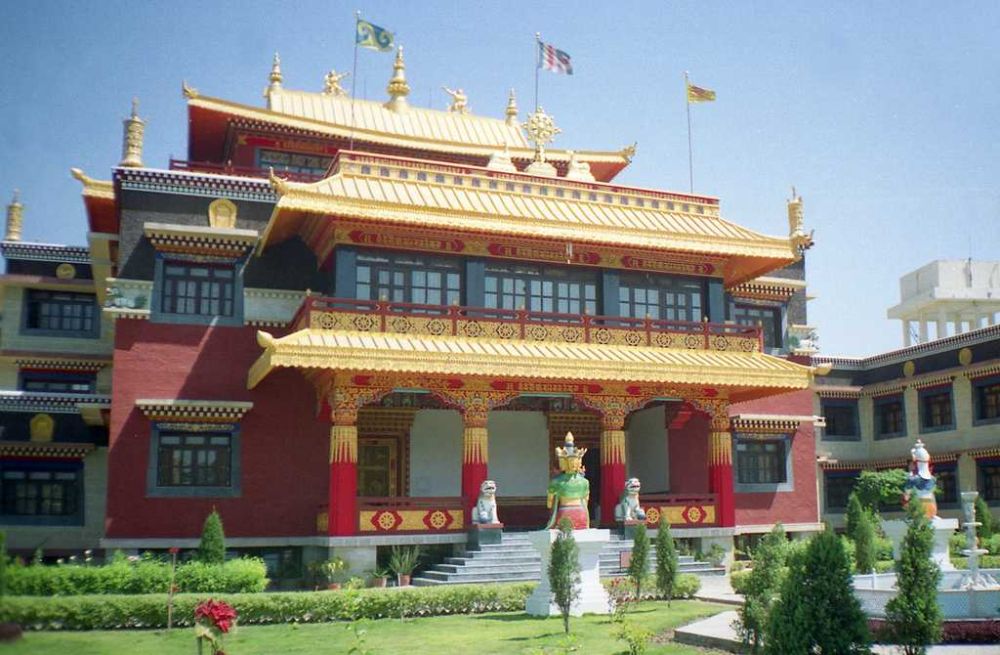

Varanasi, one of the oldest living cities in the world, has been a cultural and religious hub for thousands of years. The history of tourism in Varanasi dates back to ancient times when it was a renowned center for spiritual learning and a pilgrimage destination for adherents of Hinduism. Over the centuries, the city has drawn mystics, scholars, and travelers from all parts of the world. With the advent of Buddhism, it gained further prominence as Lord Buddha preached his first sermon at Sarnath, located near Varanasi. The city's religious significance and rich cultural tapestry have been key factors contributing to its perennial appeal as a tourist destination.
Among the plethora of temples that adorn the spiritual landscape of Varanasi, the Tibetan Temple stands out for its unique architectural beauty and tranquil ambience. The temple serves as a serene retreat from the hustle and bustle of the city. Located in Sarnath, the Tibetan Temple is a testament to the city's Buddhist heritage and is particularly revered by followers of Tibetan Buddhism. The temple complex features intricate traditional Tibetan murals and houses a large statue of Lord Buddha.
The Tibetan Temple was established to preserve and promote the teachings of Buddha, contributing to the rich tapestry of religious teachings available in Varanasi. It is an important place of worship for the Tibetan community and serves as a focal point for cultural exchange, attracting tourists curious about Tibetan culture and spirituality.
The Tibetan Temple is not just of religious importance; it's also a place where visitors can experience the art of Tibetan painting, learn about its history, and participate in meditation sessions. It has become a popular site among tourists who wish to explore the diverse religious practices in India and learn about the country's Buddhist heritage.
In recent years, tourism in Varanasi has seen a shift towards more experiential and immersive activities. Travelers are increasingly looking for authentic local experiences, including homestays, culinary tours, and traditional arts and crafts workshops. There is also a growing interest in wellness tourism, with yoga and meditation retreats gaining popularity among foreign tourists who seek spiritual rejuvenation in the holy city.
The local government and tourism industry have recognized these trends and are working to promote sustainable tourism practices that respect the city's cultural heritage while accommodating the evolving demands of international and domestic visitors.